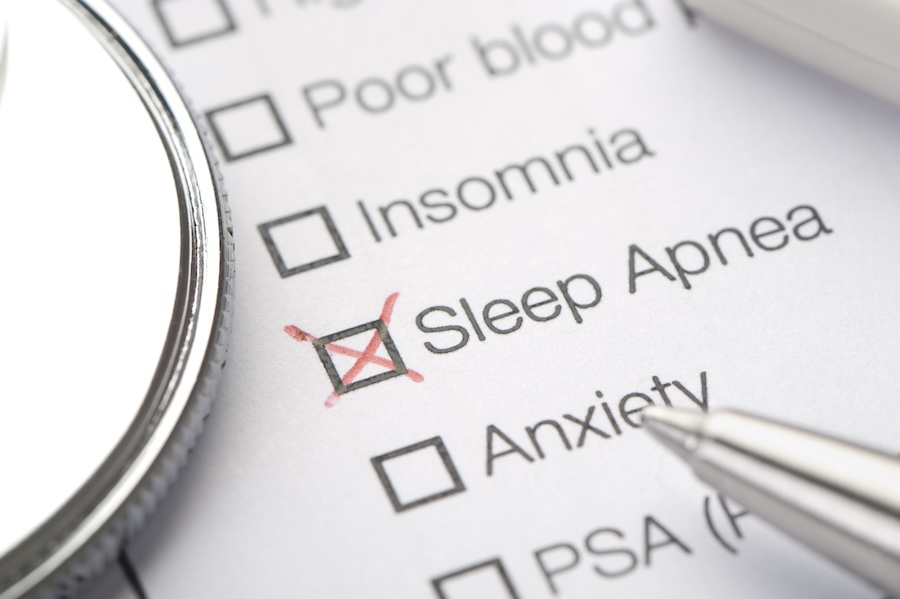Waking up tired after what seemed like a full night of sleep isn’t just frustrating — it can be a sign of something more significant. Sleep apnea is a condition that affects how you breathe while sleeping, and for many people, it goes unnoticed for years. Yet the effects can ripple far beyond restless nights.
Understanding why sleep apnea matters is the first step in addressing it. And when it’s treated, patients often feel the difference in ways they didn’t expect.
What Sleep Apnea Does to the Body
Sleep apnea is marked by repeated pauses in breathing throughout the night. These interruptions may last only a few seconds, but they disrupt the flow of oxygen and can happen dozens — even hundreds — of times. When oxygen levels drop, your body signals you to wake up slightly, often so briefly you don’t remember it the next morning.
This constant cycle prevents deep, restorative sleep. Over time, the effects add up. It’s common to experience fatigue, mood changes, difficulty concentrating, and headaches. But the consequences don’t stop there.
Sleep apnea has been linked to high blood pressure, heart disease, and increased risk of stroke. It also puts extra stress on your metabolic and immune systems. When left untreated, what begins as disrupted sleep can influence many areas of your health.
the Subtle Ways It Affects Daily Life
Many people with sleep apnea don’t realize they have it. They may simply think they’re tired because of work, age, or stress. Often, it’s a partner who notices loud snoring, choking sounds, or restless movements during the night.
Beyond the physical symptoms, sleep apnea can affect how people function in everyday life. It can lead to forgetfulness, slower reaction times, and trouble staying focused. In more severe cases, it may even increase the risk of motor vehicle accidents due to daytime sleepiness.
These aren’t minor concerns. Over time, poor sleep can affect relationships, job performance, and overall quality of life.
How Sleep Apnea is Treated
For many people, treatment starts with a sleep study to confirm the diagnosis. From there, options may include CPAP therapy, oral appliance therapy, or lifestyle changes depending on the severity.
Dr. Niraj Patel offers custom oral appliances that can help manage mild to moderate obstructive sleep apnea. These small, comfortable devices are worn during sleep to keep your airway open and reduce interruptions. Many patients find them easier to use than a CPAP machine — and just as effective for their specific needs.
Trusted Sleep Apnea Support at Cary Family Dental in Cary, IL
At Cary Family Dental, Dr. Niraj Patel helps patients uncover the root cause of their sleep struggles and find solutions that fit. If sleep apnea is affecting your health—or your partner’s peace and quiet—we’re here to help you rest easier. Let’s talk about your symptoms and explore whether an oral appliance could make a difference. A better night’s sleep might be closer than you think.
